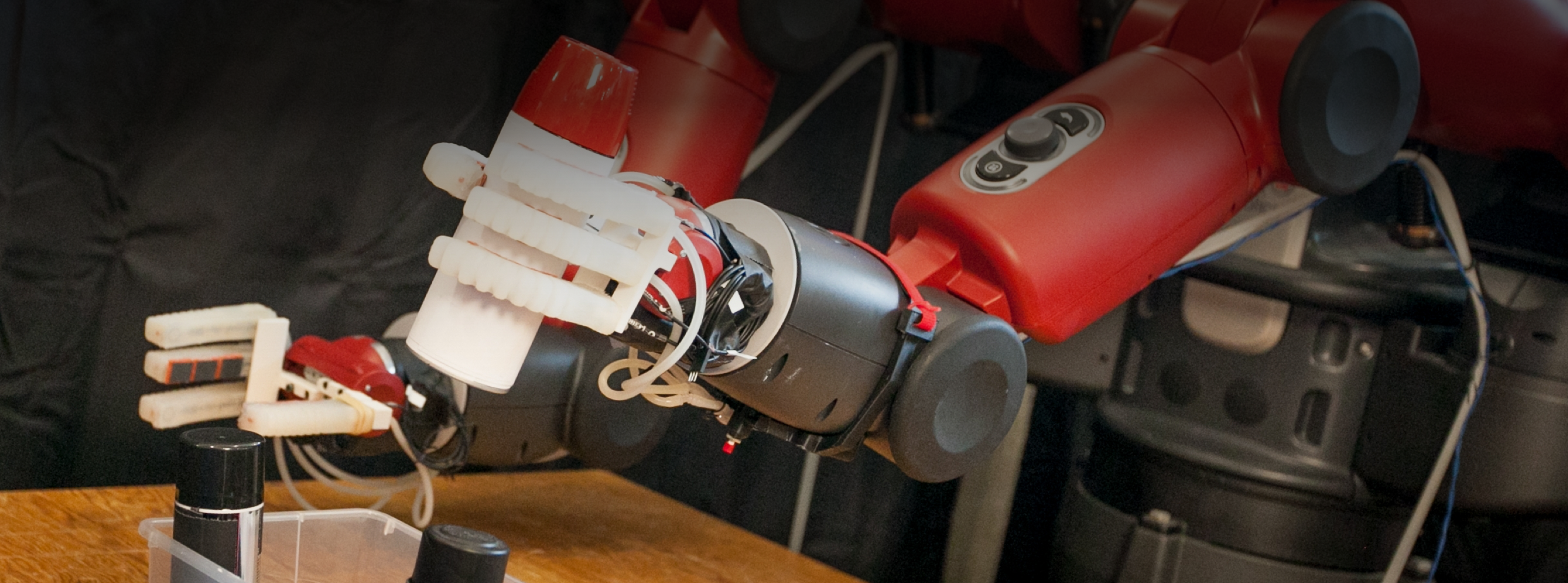As machine learning becomes increasingly a part of everyday life, from virtual personal assistants to email spam filtering to online fraud detection, research at MIT CSAIL aims to improve the application of machine learning so that the development of increasingly complex systems leads to further insight and innovation. Such research includes all manner of software systems, data analysis, and cybersecurity.
Leading the charge in the cyber arms race and other application-driven, machine-learning research is Principal Research Scientist Una-May O’Reilly, who heads the AnyScale Learning for All (ALFA) group at CSAIL. ALFA focuses on machine learning and evolutionary algorithms. Industry applications for ALFA include cybersecurity, software automation, and online education.
Dr. O’Reilly’s expertise in machine learning has led to many improvements in sophisticated applications. One notable achievement is ALFA’s work in “replicating the tit-for-tat coevolution of tax avoidance strategies and audit targeting,” says Dr. O’Reilly. She was drawn to this area of research in part because “evolutionary algorithms are part of my technical arsenal. The evolving arms race between tax avoidance and tax loophole repair is natural fit for them.”
These types of arms races are important in matters of defense. A common theme in her projects is training artificial-intelligence and machine-learning systems to recognize and combat cyberattacks that self-adapt to attain their objectives. Dr. O’Reilly explains that “cyber defenses have to be robust and resilient; we have to think about the other sides’ strategies and actions in planning our defenses.” This is true whether automatically detecting bugs or code malware, or developing artificial adversarial intelligence, which helps to improve machine-learning training and building network security dynamics models. “We have to model attackers to understand these attacks, and we have to anticipate attacks when we train models,” she adds.
Keeping up with new types of vulnerabilities is important when our world changes so fast, especially when those changes are unexpected. “With the abrupt emergence of COVID-19, we are also investigating the disinformation around the pandemic and using agent-based modeling to understand the risks of contracting COVID-19 while at work,” says Dr. O’Reilly.
Dr. O’Reilly finds CSAIL to be especially suited to her interests. “I feel intellectually at home at CSAIL. It is full of talented people who are passionate about science and technology. They offer state-of-the-art resources to push the envelope. This environment motivates and supports me.”

